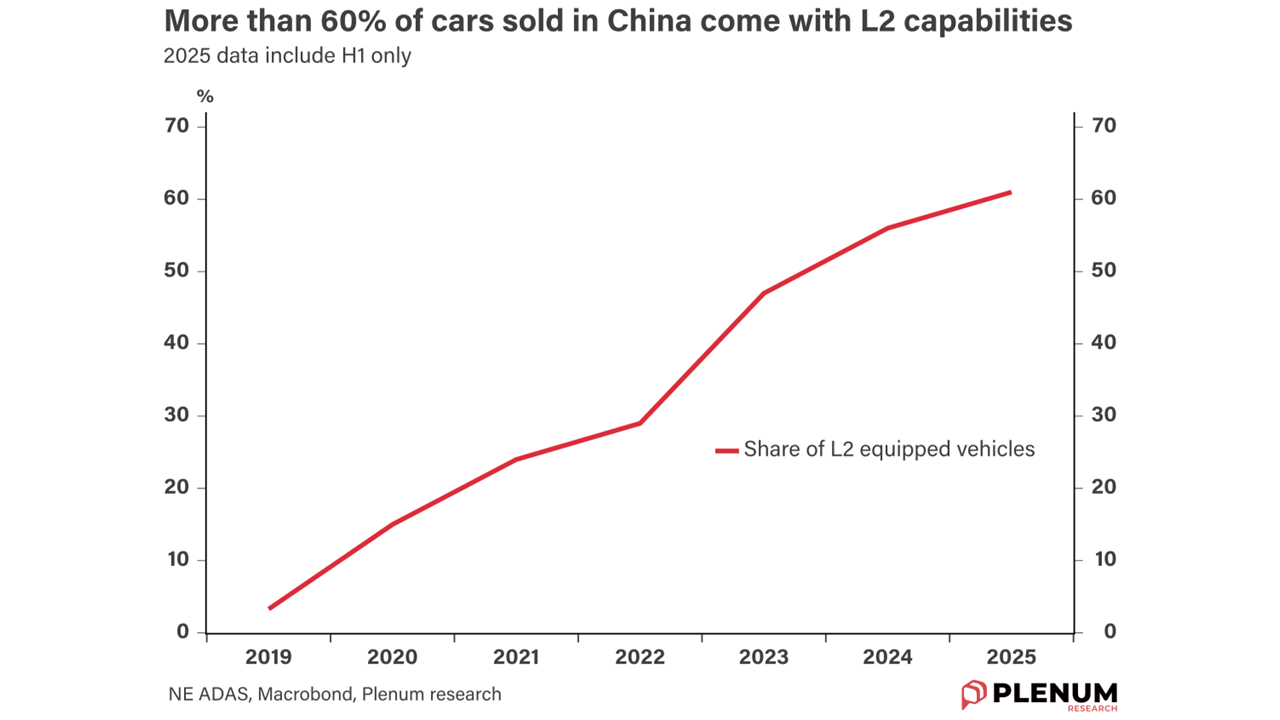
China has emerged as a leader in advanced self-driving technology, with local companies now offering an experience comparable to Tesla’s FSD in the US.

China has emerged as a leader in advanced self-driving technology, with local companies now offering an experience comparable to Tesla’s FSD in the US.
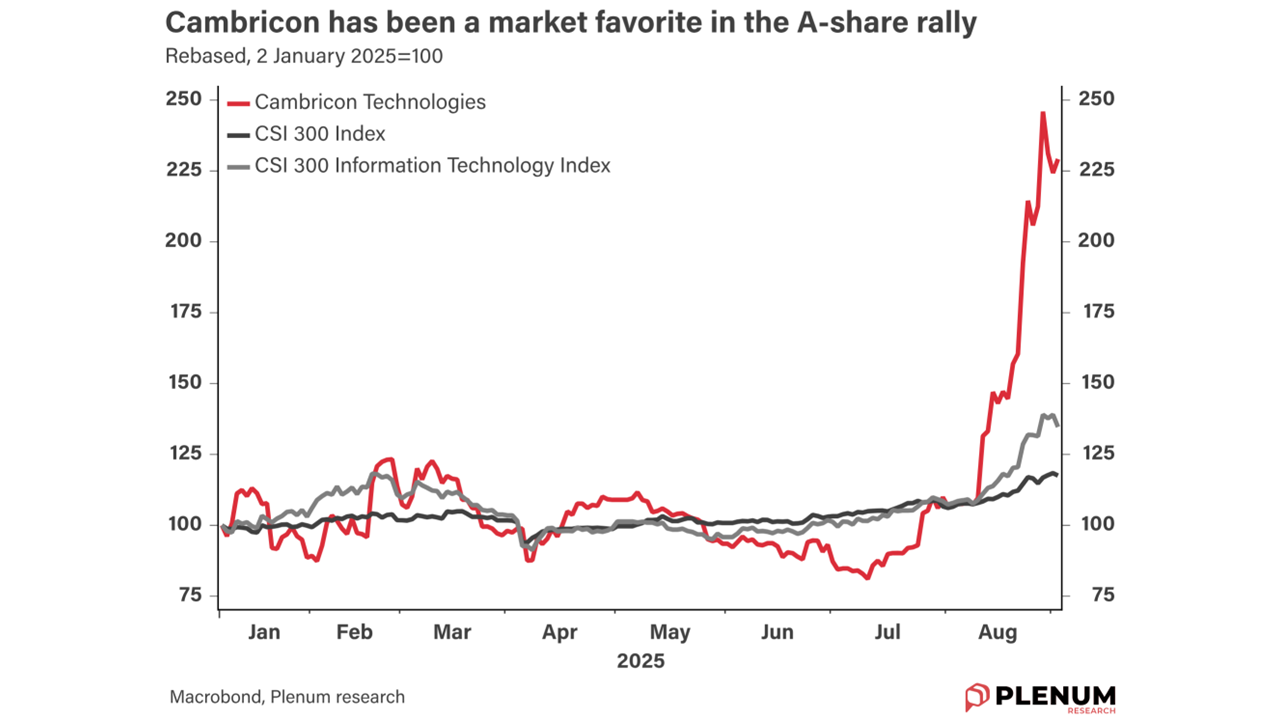
Cambricon has become a market favorite amid the recent A-share rally, supported by increased profitability and China’s booming AI demand.
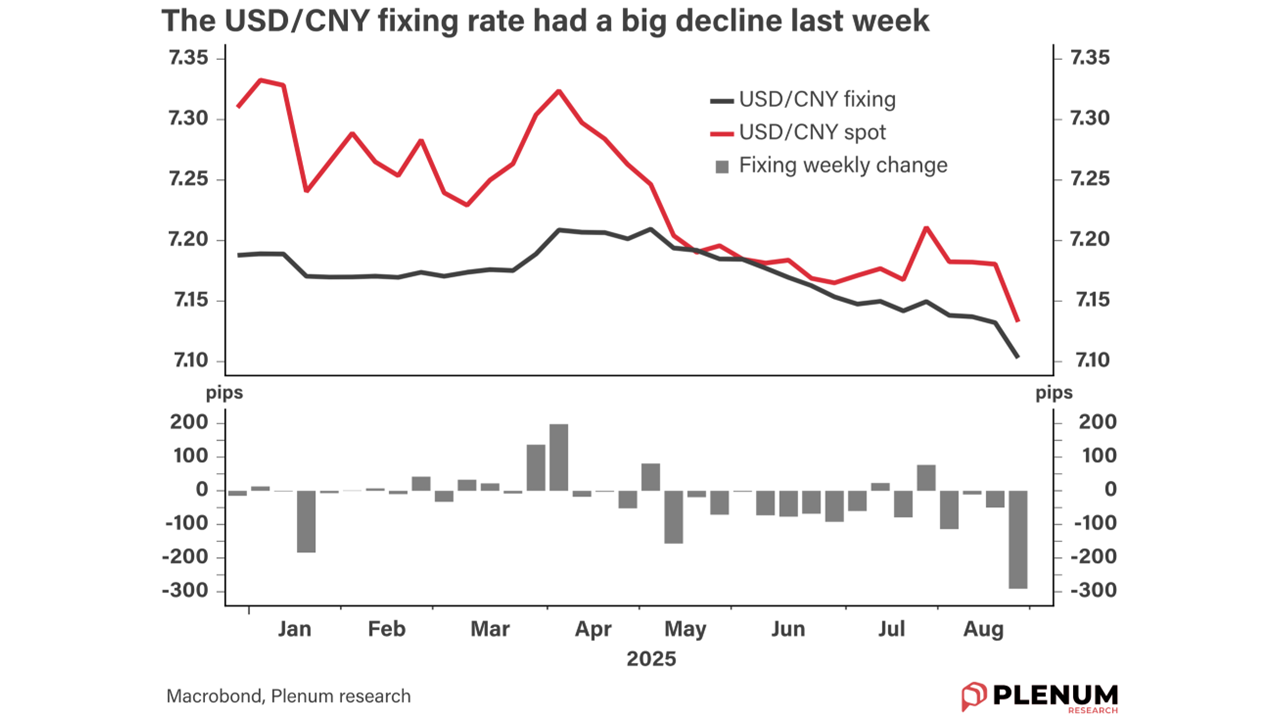
The PBOC may have shifted its stance on the exchange rate, signaling a preference for a stronger RMB against the USD.
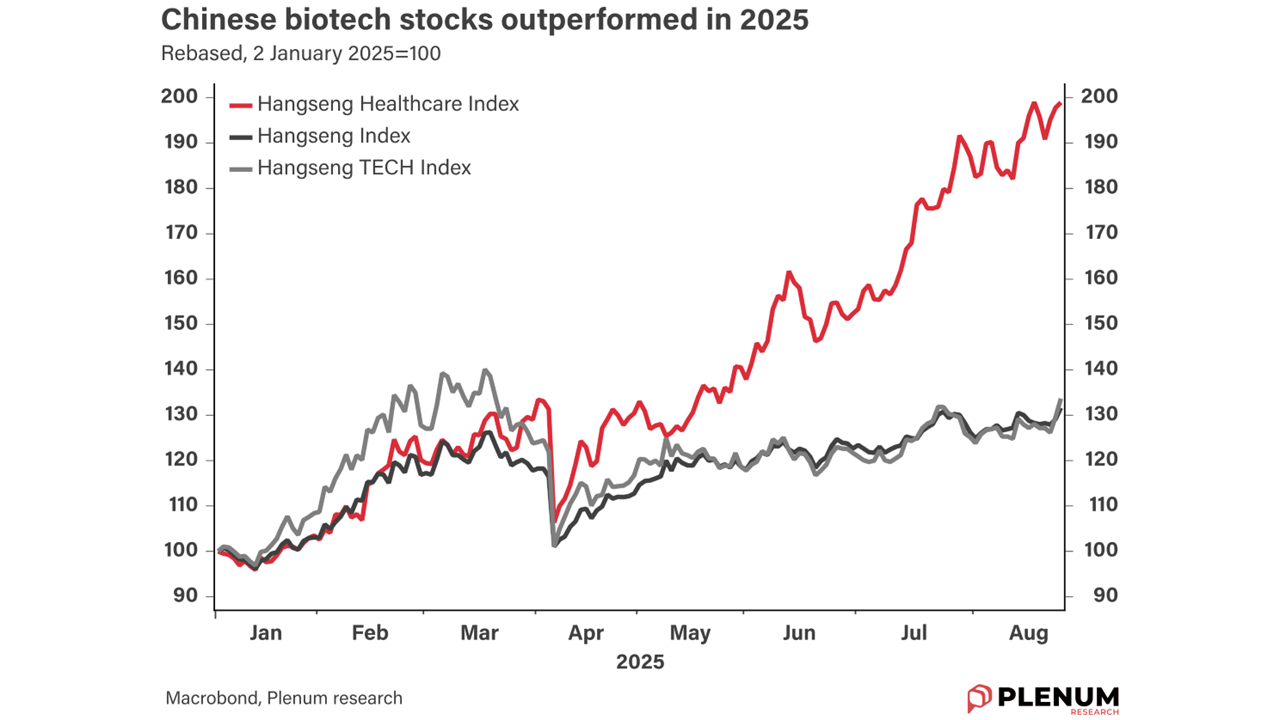
Chinese novel drug developers have rallied in 2025, driven by headline out-licensing deals.
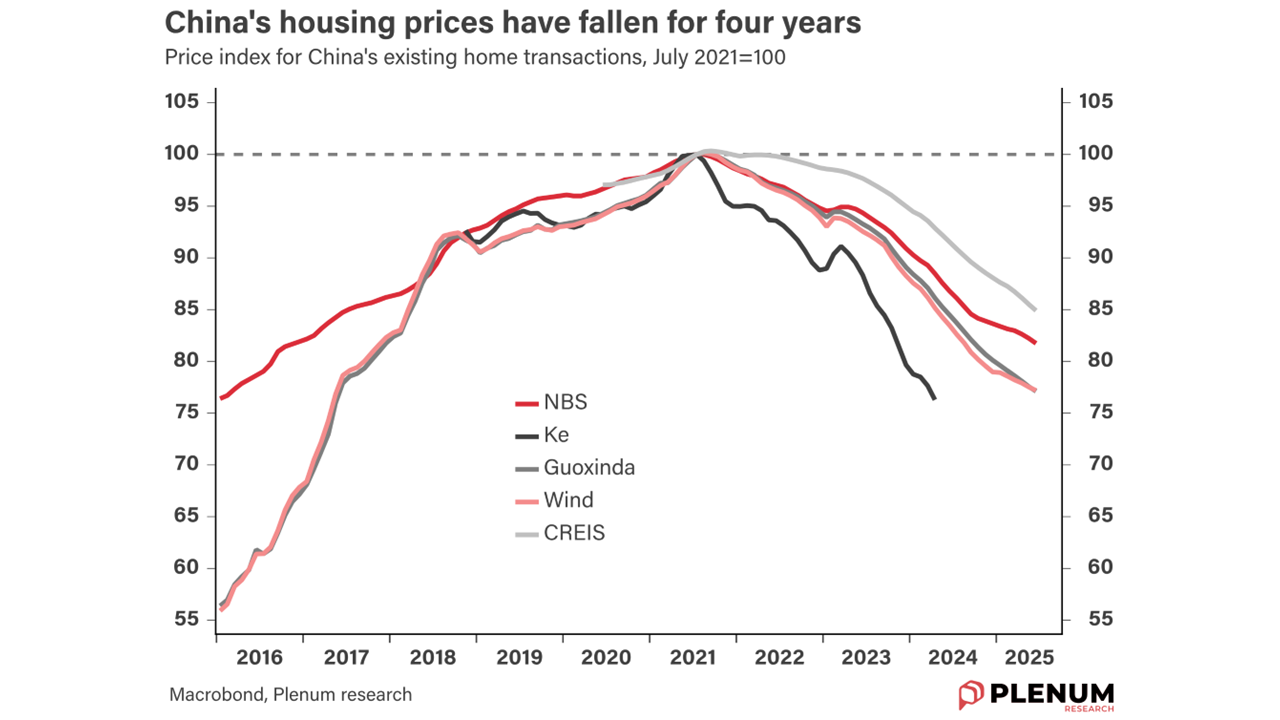
China’s real estate market correction has erased RMB 44-80trn in household wealth from peak, leaving most post-2016 homebuyers sitting on losses.
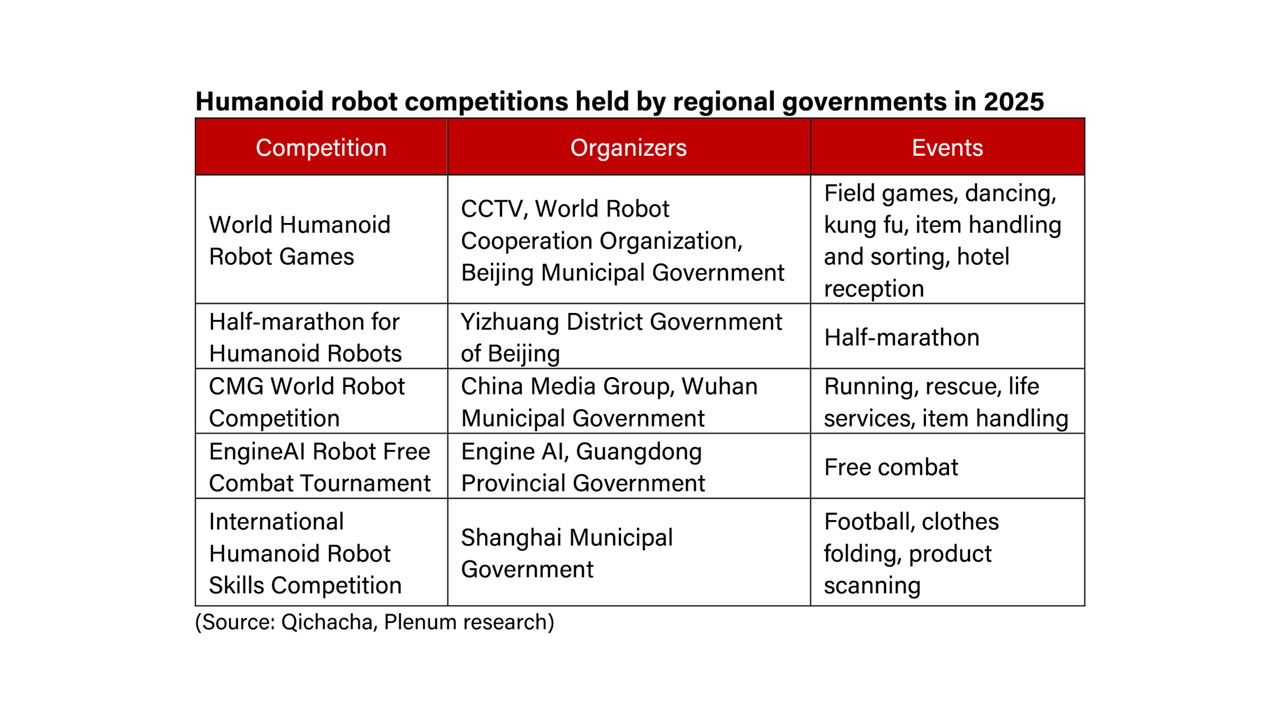
The humanoid robot industry is pursuing an “entertainment first” approach for now, but the ultimate goal is viability in more practical applications.
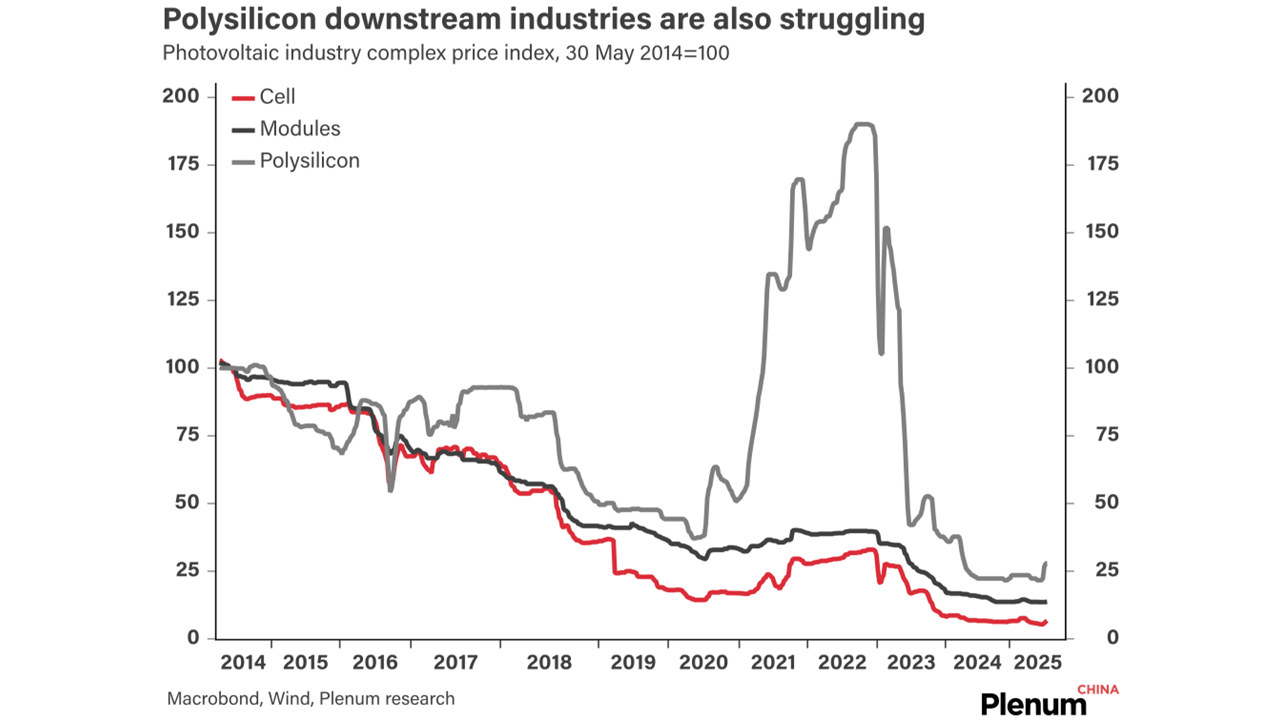
Top leaders’ calls to end China’s price wars have prompted government and industry discussions on new rules.

This year’s WAIC drew record crowds and focused heavily on public engagement, with robots and spectacle taking center stage.